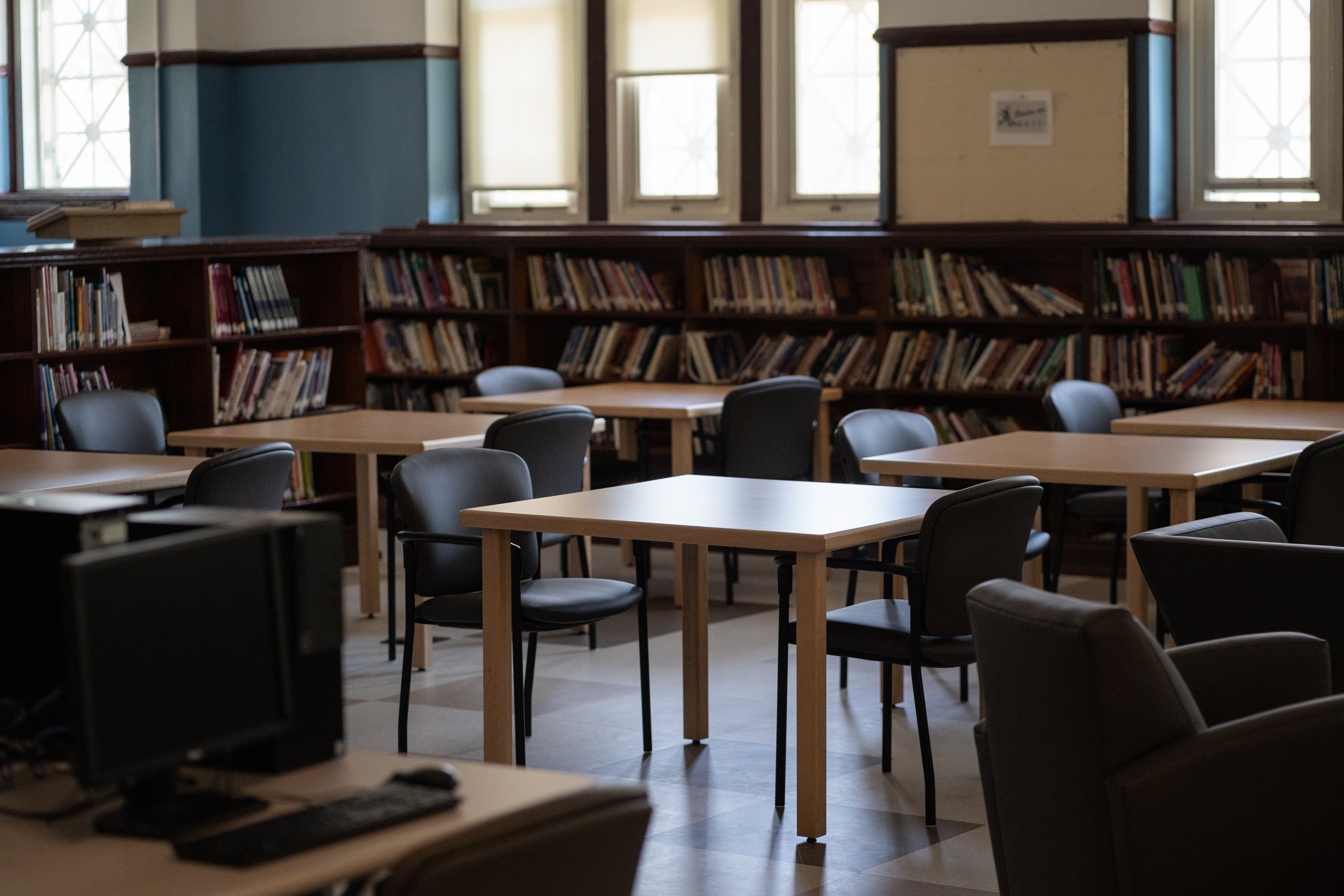Sign up for Chalkbeat Chicago’s free daily newsletter to keep up with the latest news on Chicago Public Schools.
Easing Illinois’ educator licensure requirements to add more teachers to the state’s teacher workforce, preventing students from being ticketed by local law enforcement, and changing policy around student discipline are a few of the issues members of the Illinois State Board of Education want lawmakers to address during the spring 2025 legislative session.
During their monthly meeting on Wednesday, the board members approved a list of agenda items that they will push in Springfield once lawmakers are back at the Capitol for the spring session, which is expected to start in late January. Board officials will still need to draft language for bills and find a lawmaker to carry their bills during the session.
While board members approved most of the agenda without much discussion, there was spirited debate around ticketing kids at school and student discipline. For student ticketing, the state board says it will work on a measure to close loopholes in state law to prevent schools from issuing fines or referring students to local police for disciplinary issues.
The board was responding to a 2022 investigation by ProPublica and the Chicago Tribune that found that schools in Illinois were referring students for disciplinary issues to local police departments, instead of handling discipline at school. The report found instances where school administrators violated state laws around ticketing and notifying law enforcement.
Students were often ticketed for issues like truancy — or when a student missed about 1% to 5% of the school year without a valid excuse. Black students and students with disabilities were more often to be ticketed and fined by police.
For student discipline, the state wants to outlaw expulsions for students in kindergarten through second grade and require superintendents to only issue suspensions for those students, while making changes to disciplinary practices for students in third through fifth grades.
Roger Eddy, a board member and a former superintendent of Hutsonville CUSD 1, said that he did not support changing how local school districts discipline students, since schools are responsible for ensuring a safe environment for all students.
He also did not support making changes to the state’s ticketing law, saying, “I do not support the notion that in any way, shape, or manner that public schools should minimize the importance of following the law or provide our students with a sanctuary where they can feel safe violating law for whatever reason.”
State Superintendent Tony Sanders responded to Eddy’s concerns by saying that the proposed change is a matter of equity. Sanders mentioned research around the school-to-prison pipeline and the fact that students of color are often more likely to be disciplined at school due to certain policies.
“I don’t know how you tell a family that your child in kindergarten, first, or second grade is kicked out and can’t come back for up to two years regardless of reason. I think this is an equity issue” said Sanders. “Sometimes we have to stand for something. I think this is the time that we stand for something kind. That’s why I’m really pushing on this.”
James Anderson, another member of the state board and a professor at the University of Illinois Urbana-Champaign, agreed with Sanders. He said, “We have enough research to know that implicit bias plays a major role in who’s ticketed.”
A spokesperson for the state board said that the proposed measure would not ban or stop law enforcement from stepping in if a student breaks the law.
“All we’re trying to do is close a loophole,” the spokesperson said. “The law already prohibits school personnel from issuing fines. We just want to make sure that school personnel are not able to refer the students to any other public entity to deal specifically with disciplinary consequences.”
Eddy was the only board member who voted no on approving the legislative agenda.
Samantha Smylie is the state education reporter for Chalkbeat Chicago covering school districts across the state, legislation, special education and the state board of education. Contact Samantha at ssmylie@chalkbeat.org.






